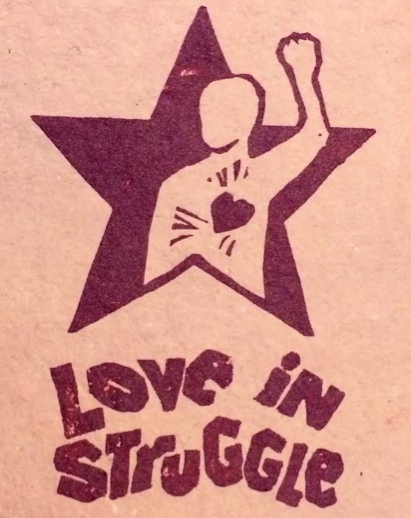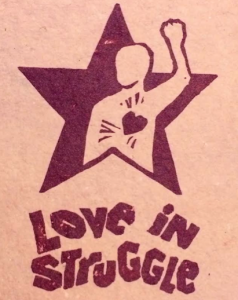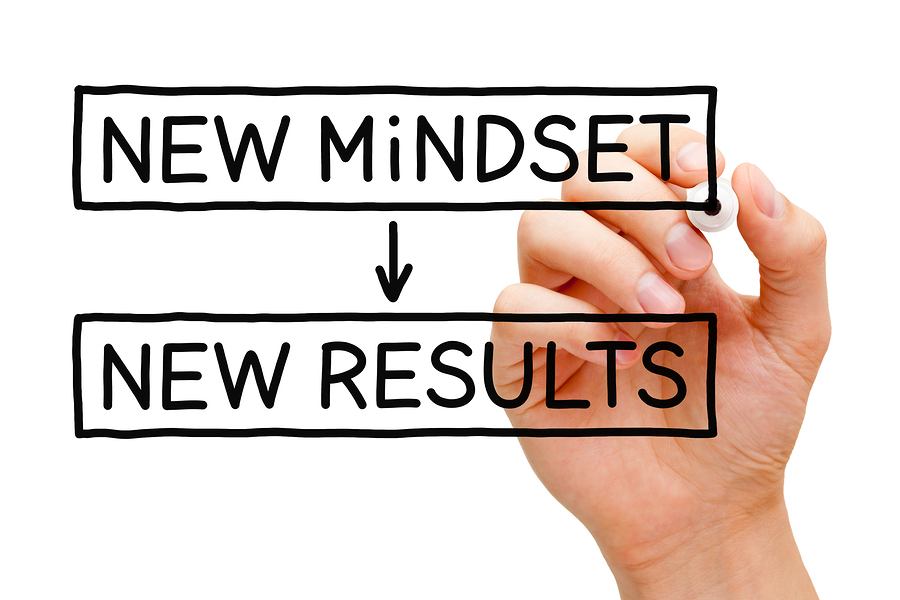In Love and Struggle: Creating Space for Difficult Dialogues About Power, Privilege, and Oppression in Intimate Relationships | Guest Post by Dr. Sand Chang
This is a guest blog post on the theme of enhancing relationships, to celebrate the launch of Keely Kolmes’s upcoming monthly Relationship Skills Workshop. The first workshop will meet on Saturday, April 11th. The second one, just for singles, is May 16th. You can sign up here for newsletter updates. Those who receive the newsletter will get bonus videos and tips!
In Love and Struggle: Creating Space for Difficult Dialogues About Power, Privilege, and Oppression in Intimate Relationships
Photo by Sha Grogan-Brown: http://www.etsy.com/shop/ArtBySha
As a social justice oriented psychotherapist, my work is highly informed by considerations of how systemic power structures and varied cultural identities affect a person’s self-concept, well-being, and relationships. For this reason, people in relationships who want a therapist who “gets” the complexities of who they are in the social world often contact me to get help navigating power dynamics and cultural differences within their relationships. While I cannot claim to understand all the nuances of every client’s cultural identities, it is in my value system as a therapist to make space for discussions about culture, including those concerning power, privilege, and marginalization and to help my clients in intimate relationships to enhance awareness and communication of these dynamics.
Most dominant or popular approaches to relationships, whether it be in pop psych magazines or in formal training for relationship therapists, rely on oversimplified models of discussing difference. We’ve all been exposed to these ideas. They include sweeping generalizations such as, “Men are from Mars, women are from Venus”. They fail to examine the complexity of culture as they rely heavily on stereotypes that may have kernels of truth for few and negate the rich cultural meanings of identity for many.
So what’s missing? A view of relationships situated in the real world, one informed by intersectionality (a term coined by Black feminist scholar Kimberle Crenshaw). In this approach, there is a consideration of the many cultural identities that exist within or are placed on a person and the numerous ways that privileged and/or marginalized experiences that accompany these identities intersect with each other.
So how does one make space for these difficult dialogues? There is no simple “how-to” guide because none of these conversations sound the same. But here are some key considerations and suggestions for application that you may find helpful.
Know thyself. Yes, you! I am starting here because I cannot stress enough how essential it is for you to be aware of and engage in a continual process of understanding how you hold power in the world or how you may have internalized an “ism” directed at you (e.g., racism, ableism, sexism, transphobia, classism) or both. This will help you to understand yourself in every context of your life, not just your romantic relationships. It will help you to understand and challenge reactions or projections you might have about others. Reflect on how your identities contribute to the interactions that occur between you and your partner(s).
Experiences of privilege and oppression do not exist on a binary. We all have a number of different cultural markers. Some of these may afford us privilege. Others may make us targets of interpersonal or systemic/institutional prejudice or discrimination. It is overly simplistic to say that one person has privilege and the other does not. To truly learn how to be in relationship with someone who is different, which is always the case, we must learn to tolerate the anxiety that can come up when people cannot be easily categorized.
What privilege? Most of us are much more aware of the injustices we have experienced than the ways we have had advantages that others do not. It can be more challenging to see what isn’t as visible or what blends into what the dominant culture holds up as normal or better. Be gentle and generous with yourself and others, knowing that they may have varying levels of awareness about different aspects of their identity, and be willing to name unconscious enactments of power that come from a privileged identity or experience. For example, be willing to examine how you might take up space in your relationships. This may vary from speaking more in conversations to being the one to make most of the decisions. Ask yourself how having privilege in certain aspects of your identity might inform how you play a certain role in your relationships.
Don’t get hooked into judging the Oppression Olympics. Make it clear that these discussions are not about “finding the bad guy” but rather to help cultivate understanding and compassion for the ways in which wounds caused by oppression can get opened by intimate relationship conflicts. It can be helpful to name systems as being responsible rather than blame any one partner. This can prevent you and your partner(s) from feeling blamed or getting defensive.
Validate the other person’s subjective experiences. Then follow the feelings. You can never know what it’s like to live in another’s skin, so treat your partner(s) as the expert(s) on their own experiences. Then go deeper by following the feelings. This usually means dropping into the wisdom of the body and avoiding discussions that start feeling too heady or intellectual. Uncover deeper needs, wishes, and desires for connection. Pay close attention to how you might interpret cultural (or any other) differences that threaten your connection with your partner(s), and try your best to pay attention to and express these vulnerabilities. Experiences of discrimination or “othering” early in life play a role in the negative cycles that intimate partners can fall into. If you can bring curiosity to these conversations, you will come to better understanding, compassion, and connection.
Ask for help. If these are difficult or charged topics that only lead to disconnection and despair about the future of your relationship, seek help from a relationship therapist who is skilled in working with cultural and power differentials in relationships. A skilled therapist is often able to facilitate conversations that you would never feel safe to begin otherwise.
Questions for self-reflection: Here are just a few questions you ask yourself to help you bring conscious attention to the role of cultural power dynamics in your relationship(s).
In this particular situation/conflict/interaction, what cultural identities influence how I see myself? Or how I see or interact with my partner(s)?
How do cultural differences play into the conflicts that arise with my partner(s)?
What is the role of power, privilege, and oppression in our interactions with each other?
Are there any repeat arguments that we have that might have something to do with underlying feelings of hurt related to racism, sexism, transphobia, religious discrimination, abilism, homophobia, classism, or some other form of systemic oppression?
How can we each become better allies to the other person in healing from wounds inflicted by systemic oppressions?
If/when I insist on being “right”, might it have anything to do with parts of me that are privileged?
If/when I assume that I’m the one to blame or the one who needs to apologize, might it have anything to do with experiences of marginalization?
You may be able to respond in great length to these questions, or perhaps these are difficult questions that will take necessary time to reflect upon. Don’t worry if you don’t have the answers; sometimes you just need to ask these questions to communicate that it’s okay to talk about the hard stuff. I wish I could tell you that asking the right questions or following a few simple steps will remedy the problems in your relationship related to cultural differences, but I would be lying. This kind of growth takes work. It is a lifelong and sometimes difficult journey of understanding yourself as a cultural being in the contexts of multiple systems of power and difference. Most people don’t even want to try to understand these things because it can be painful and unpleasant. So while I cannot give you any easy formulas or solutions, what I can assure you is this: when it comes to cultivating healthy and fulfilling intimate relationships, it’s worth the work.
SAND CHANG, Ph.D. is a Chinese American genderqueer therapist specializing in gender diversity, EMDR therapy, relationship concerns, addictions/compulsions, and eating disorders. They have a private practice in Oakland, CA and work at Kaiser Permanente’s clinic serving the trans* community. Sand is also the Chair of the American Psychological Association’s Committee for LGBT Concerns and a member of APA’s Transgender Practice Guidelines Task Force.
Website: sandchang.com



April 3, 2015 @ 9:24 pm
Well done Dr. Chang! This is an area in much greater need of being addressed for those in relationships, whether in or outside of a therapeutic setting.
April 3, 2015 @ 10:02 pm
Indeed, Dr. Chang’s post is one of my favorite guest posts I’ve had the pleasure of hosting. I hope they will write more on this topic!
April 28, 2015 @ 3:38 pm
Thank you so much, Dr. Holt. I enjoyed writing this piece!
April 4, 2015 @ 7:22 pm
Great post Dr. Chang! You have articulated a complex topic in a clear and understandable way and offer important guidance on steps we can all take to become more conscious, aware, and respectful in our relationships.
April 28, 2015 @ 3:41 pm
Thank you, Daniel! It is a complex topic indeed! But so worth working on in relationships!
In Love and Struggle - Shifting Center
February 15, 2022 @ 4:40 am
[…] In Love and Struggle: Creating Space for Difficult Dialogues About Power, Privilege, and Oppression … (Keely Kolmes) […]